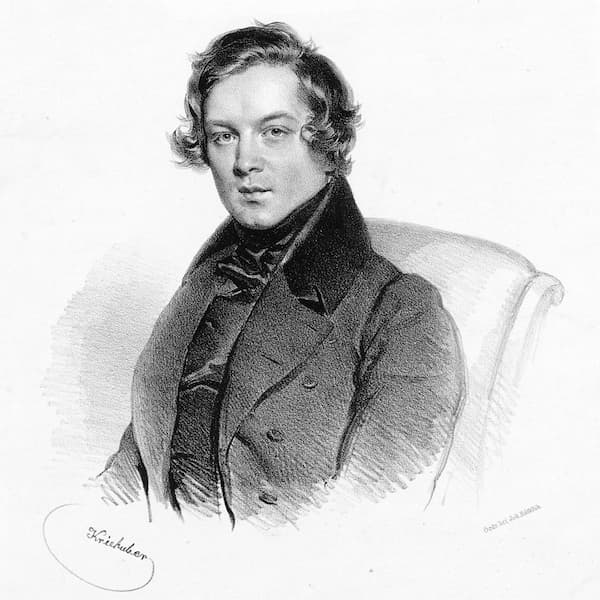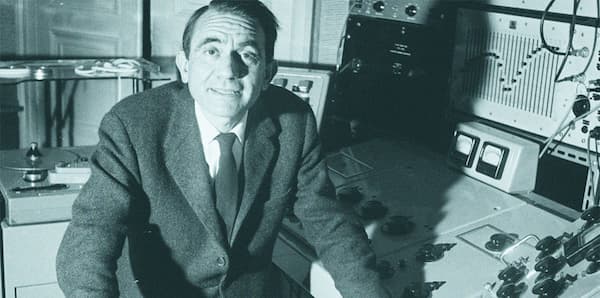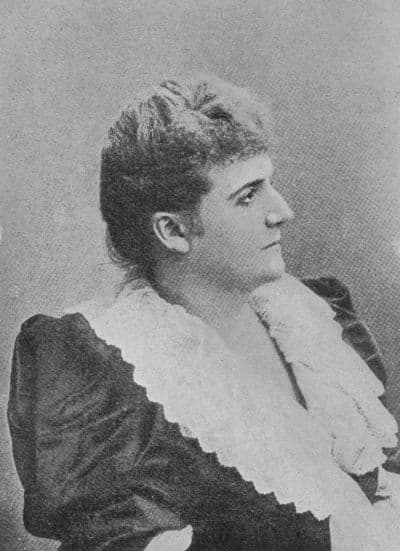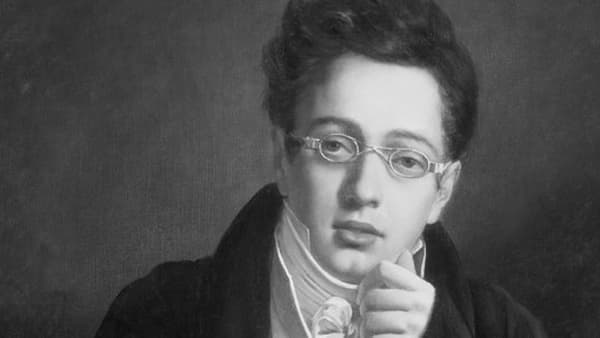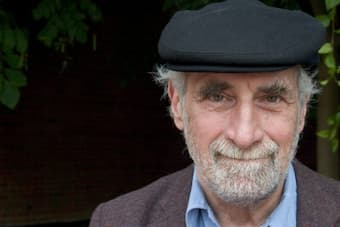
Frederic Rzewski
Death has been on our minds, collectively and individually, more than usual during this time of COVID.
A number of famous people have died during the pandemic, though not necessarily as a direct result of it but merely due to old age – writer Clive James, composer Ennio Morricone, statesman Colin Powell, and jazz musician Chick Corea, to name but a very few. The classical music community has lost some of its leading lights, including conductor Bernard Haitink, violinist Igor Oistrakh, mezzo-soprano Christa Ludwig, French horn player Barry Tuckwell, cellist Lynn Harrell, composers Frederic Rzewski and Krzysztof Penderecki, and pianists Peter Serkin, Leon Fleisher, and Nelson Freire.
Toru Takemitsu: Ame no ki sobyo II (Rain Tree Sketch II), “In memoriam Olivier Messiaen” (Peter Serkin, piano)
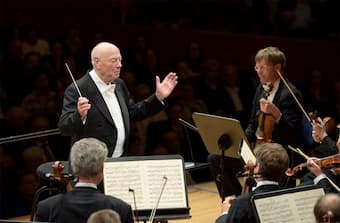
Bernard Haitink
But while we naturally, and properly, mourn the felling of these great oaks, fortunately their legacy does not die with them.
Recordings are the most obvious permanent legacies of these, and other musicians’ life and work, and today the archive is vast, thanks to platforms like Spotify and YouTube which offer not only recent recordings but also those from earlier eras. Thanks to remastering and digitisation, it is possible to access vintage recordings and films. This material offers remarkable insights into changing attitudes and trends in interpretation, instrumentation, performance practice, programming and musical taste, and as such is a valuable and often inspirational resource for musicians, students, teachers and commentators. For the home listener, recordings of past performers are cherished and valued as a connection to the artist and the pleasure their music-making brings.
Franz Schubert: Symphony No. 8 in B Minor, D. 759, “Unfinished” – I. Allegro moderato (Royal Concertgebouw Orchestra; Bernard Haitink, cond.)
For audiences and listeners, our personal legacy also comes through the memories of performances, many of which may remain deeply significant to us. Such memories may be enriched through recordings, but nothing can truly replace the experience of a live concert. (I feel very privileged to have heard Bernard Haitink and Nelson Freire in concerts in London in recent years.)
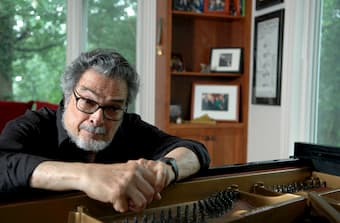
Leon Fleisher © The New York Times
But perhaps the greatest legacy, especially of pianists such Leon Fleisher, is through their teaching. Here, their knowledge is passed on to subsequent generations through their pupils and those pupils’ pupils. Great pianist-teachers like Fleisher also connect us to earlier generations of pianists – Fleisher, for example, studied with Artur Schnabel and Maria Curcio – and this provides a unique window on past practices in teaching and performance. This passing on of ‘secrets’ handed down from earlier teachers enriches one’s experience of previous performers and performances while informing one’s own musical study and development.
For more of the best in classical music, sign up to our E-Newsletter
Leon Fleisher: Lessons of a Master (a film)

